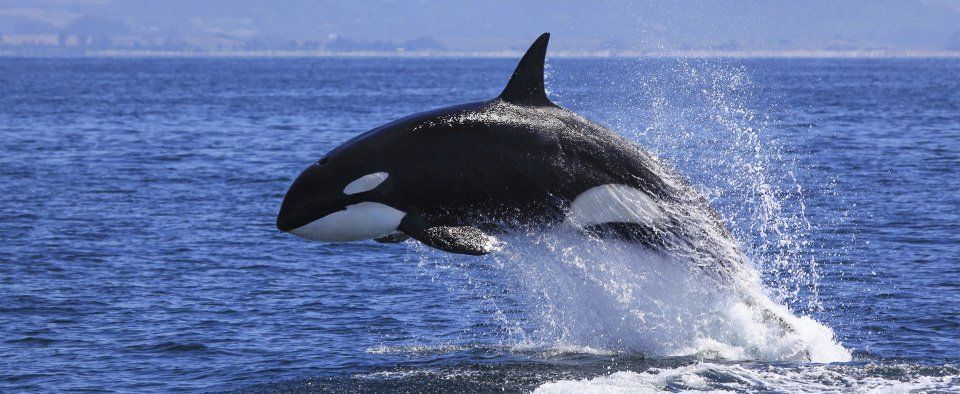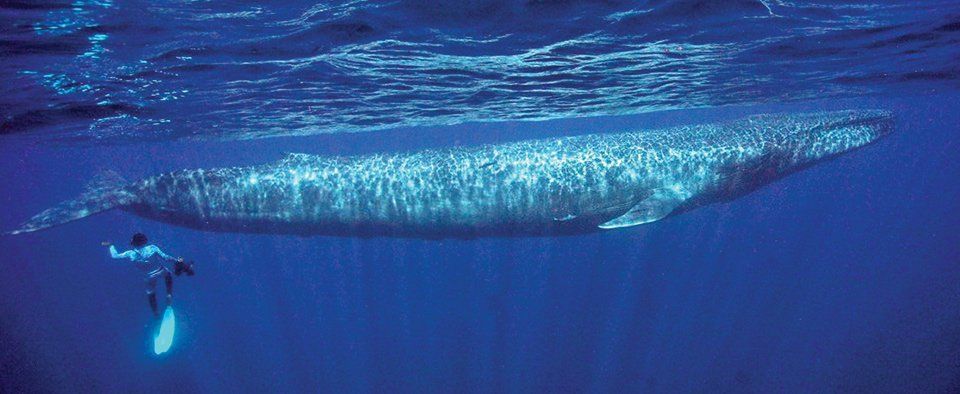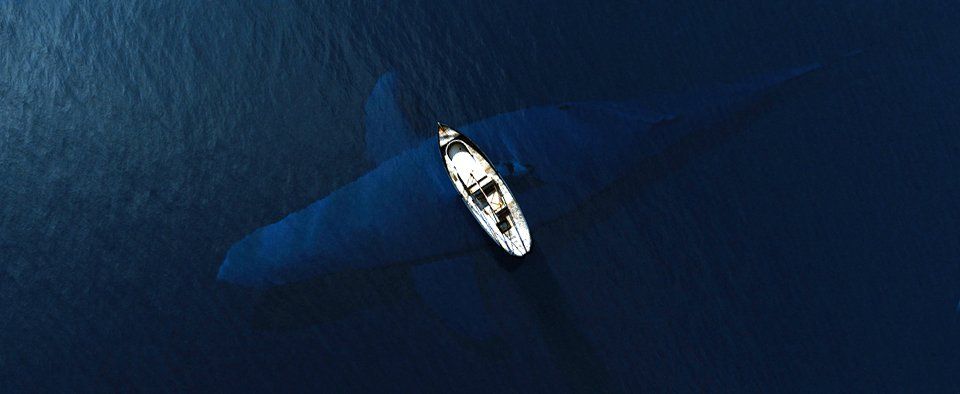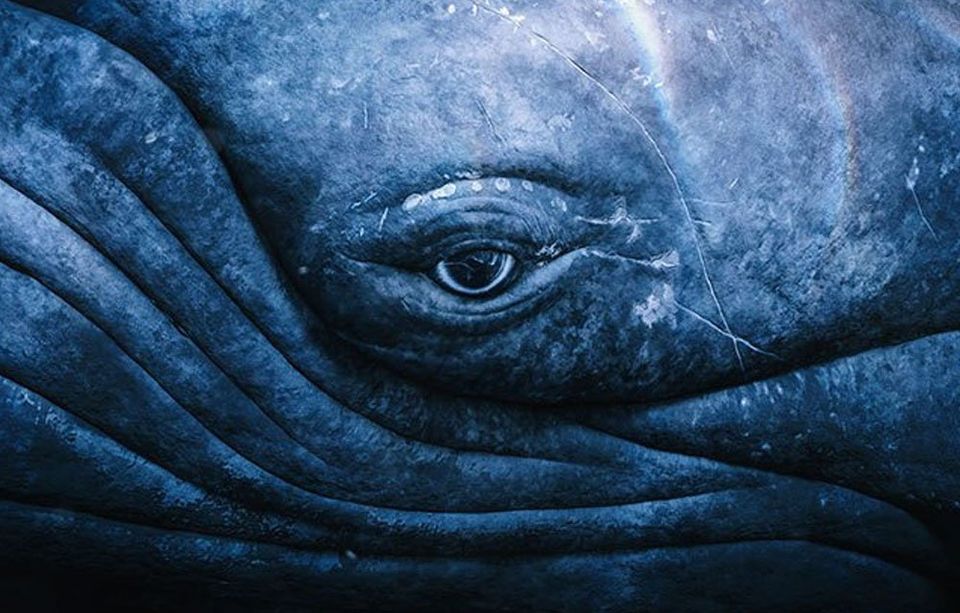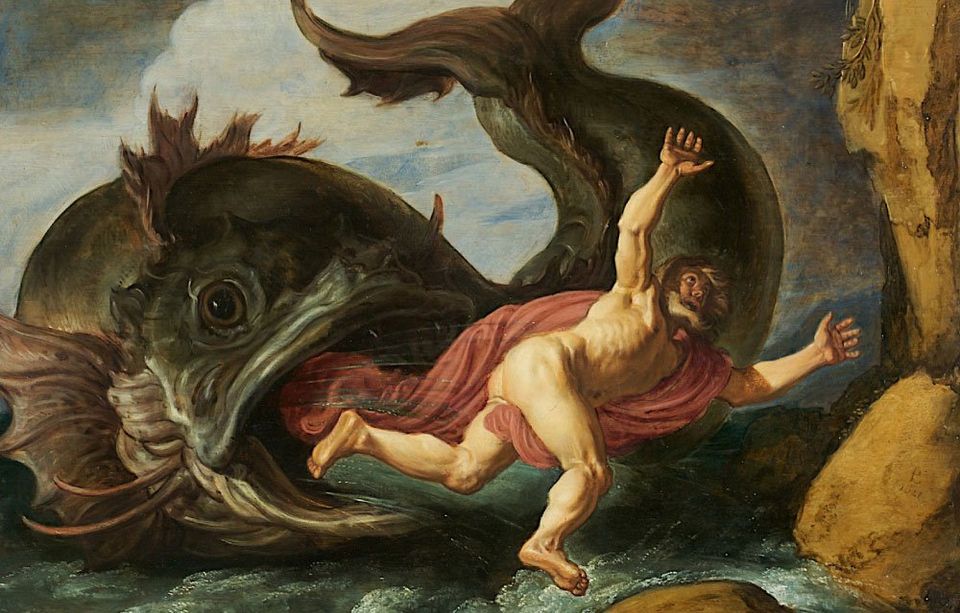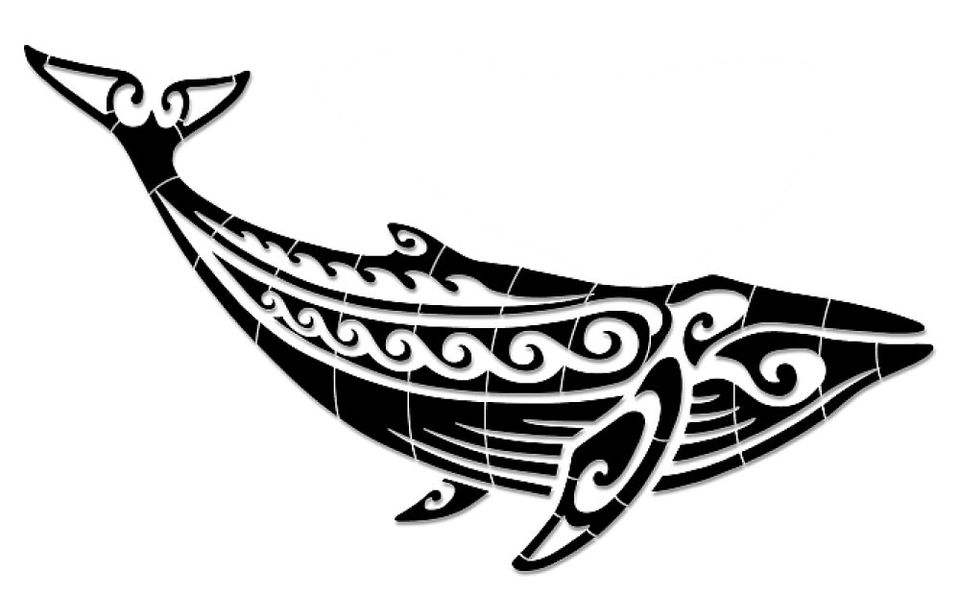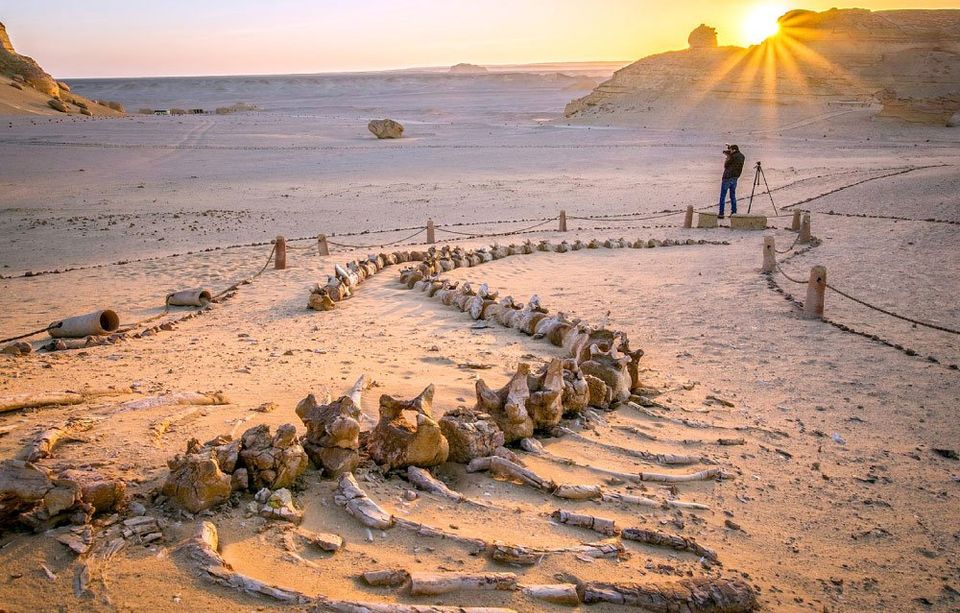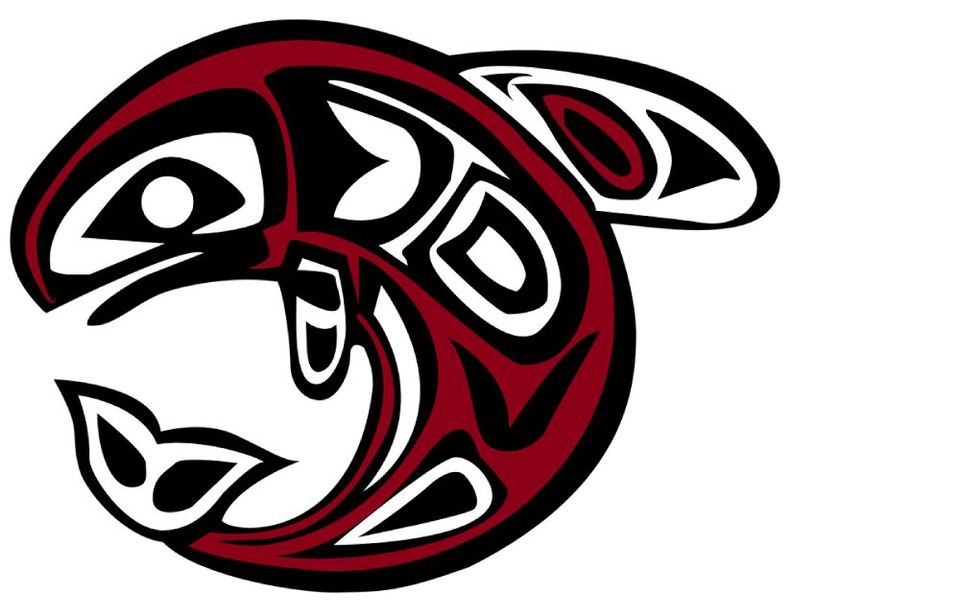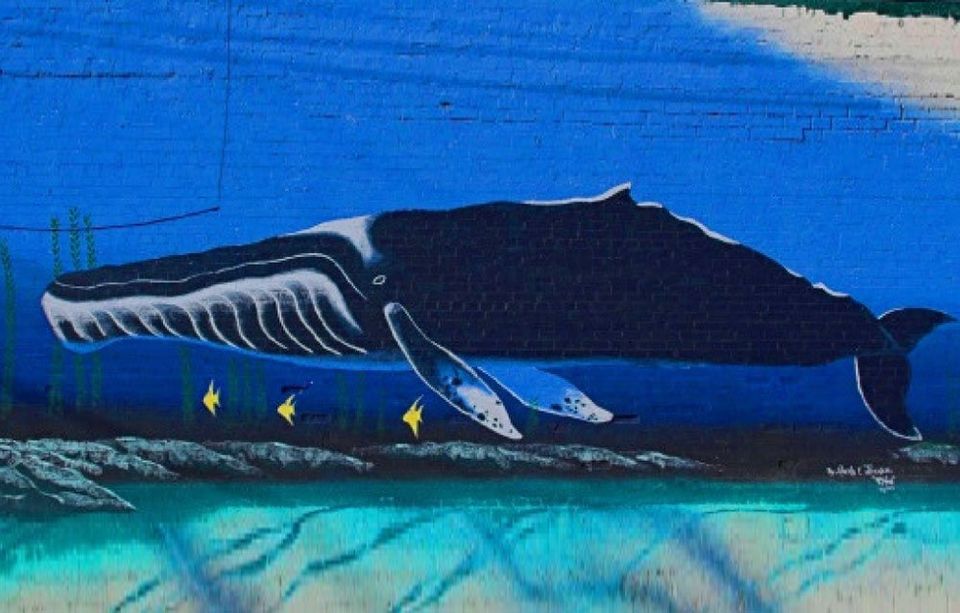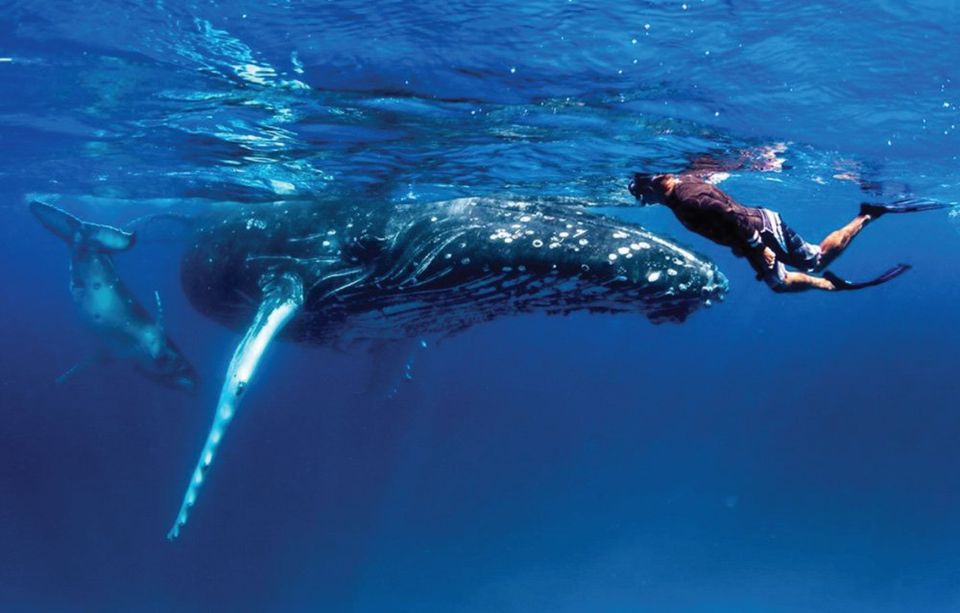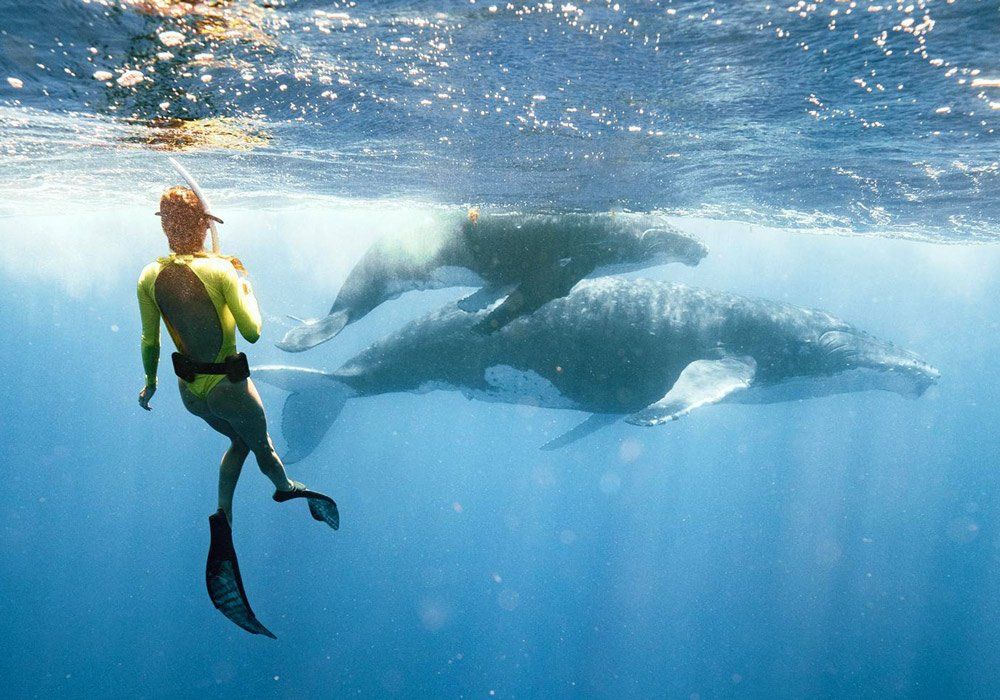Whale Myths and Legends
Does our connection to whales run deeper than we thought?
Does our connection to whales run deeper than we thought? Centuries of history and a Cambridge study will reveal just that...
Over the course of history whales have been viewed as legends, gods and deities in many Tribes, cultures and mythology. Here we will explore who viewed them as gods, some myths behind famous whales and where in the world these stories come from. As far back as the bible to whales skeletons found in EGYPT to todays findings about whales and consciousness.
1. Whales in Hawaiian Culture
“Hanau ka palaoa noho i kai” (Born is the whale living in the ocean). A traditional Hawaiian chant teaches that whales are part of both darkness and light, divine and physical. The beaches where whales bodies often washed up were held especially sacred and guarded by alii (chiefs) and kahuna (priests). The whale is believed to be a kinolau (animal form) of the Hawaiian ocean god Kanaloa.
2. Jonah and The Whale
In bibliography a story of Jonah and the whale depicts a tale of Jonah, a man who chose not to heed gods warning and decided to do the opposite of what god told him to do. By travelling across the ocean to a place called Ninevah to preach to these "wicked men and women" after god told him to give them guidance. God saw Jonah on the ship and sent a great whale to swallow him. As a lesson Jonah went through stormy times as he thought of himself and not the people of Ninevah. Gods lesson was all beings are treasured in the eyes of God whether they see him or not.
3. Whales in Maori Tribes
In Maori cosmology, whales are the descendants of Tangaroa, the god of the oceans. They were thought of in awe, as supernatural beings, and often deemed sacred. Whales appear in the migration legends of many tribes. In some, whales were a sign indicating to a tribe that it should settle in a particular place. Oral histories recall interactions between people and whales in tribal stories, carvings, specialised language and place names.
4. Whales in Egypt
Whales, or great fishes, are sometimes mentioned by the Prophets. Pharaoh the king of Egypt (by whom is represented human wisdom or intelligence), was known as a great whale. Wadi Al-Hitan also know as "Whale Valley" in Egypt contains the incredible collection of fossilised whale skeletons. Names the basilosaurus this gigantic whale was said to roam the now deserts of Egypt over 40 million years ago. You can visit some of the whale skeletons at Wadi Al-Hitan tours run from Cairo.
5. Orcas in Native American Culture
The Native Orca Symbol or Killer Whales symbolises family, romance, longevity, harmony, travel, community and protection. He is said to protect those who travel away from home, and lead them back when the time comes. Known as the “Lord of the Ocean” the Killer whale is said to be the guardian of the ocean, with seals as his slaves and dolphins as his warriors.
6. Whales and Aboriginal people
Aboriginal people who resided along the coasts of Australia have a long association with whales. Rock engravings, stories and totems tell us grand stories of whales in Australia. The whale is the totem of the Darkinjung People of the Central Coast of NSW. Beached whales would provide meat and tools for the Aboriginal people. Baiyami, and Gyian the Whale is a Dreamtime story of the Darkinjung, Gamilaroi Nations, Australia.
7. Whales and Dolphins are conscious beings
A group of scientists including neurophysiologists, neuroanatomists and computational neuroscientists gathered at The University of Cambridge to reassess the neurobiological substrates of conscious experience and related behaviours in human and non-human animals. They concluded that “Convergent evidence indicates that non-human animals have the neuroanatomical, neurochemical, and neurophysiological substrates of conscious states along with the capacity to exhibit intentional behaviors. Consequently, the weight of evidence indicates that humans are not unique in possessing the neurological substrates that generate consciousness. Nonhuman animals, including all mammals and birds, and many other creatures, including octopuses, also possess these neurological substrates.” WDCS argues that not only are whales and dolphins conscious, but that they often live in complex communities, that they are capable of experiencing a range of emotions and that they are sentient and sapient beings. Our connection to the ocean and these species runs deep #loveconnectprotect Source; "The Cambridge Declaration on Consciousness"
